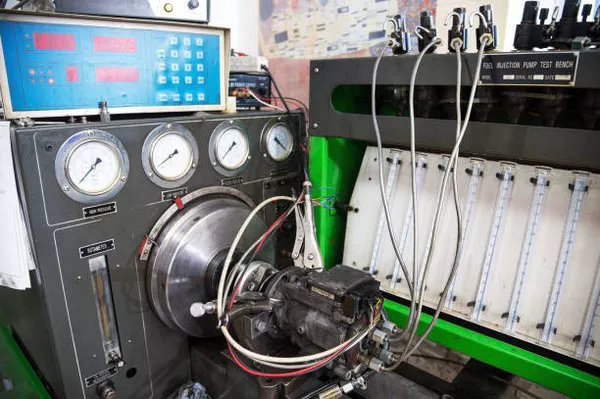In a world where uninterrupted power supply is crucial for both residential and commercial settings, having a reliable generator is a necessity. Whether it’s to keep essential appliances running during a blackout or to maintain business operations, selecting the right generator can make all the difference. With a multitude of options available in the market, it’s essential to understand the key factors that contribute to choosing the best generator for your specific needs.
Assess Your Power Needs
The first step in choosing the best generator is to determine your power requirements. Make a list of the essential appliances and equipment you need to power during an outage. Consider both the starting and running wattage of these devices. A refrigerator, for instance, requires more power to start than it does to run continuously. Once you’ve calculated the total wattage, add a buffer to account for any additional appliances or devices you might want to power.
Types of Generators
There are two main types of generators: portable and standby. Each type has its advantages and is suitable for different scenarios.
Portable Generators:
These generators are versatile and can be moved around as needed. They’re ideal for providing power in remote locations or during emergencies. Portable generators come in a variety of sizes, from small units suitable for camping to larger models that can power multiple appliances at home. However, they require manual setup and fueling.
Standby Generators:
Standby generators are permanently installed and connected to your home’s electrical system. They automatically turn on when the main power supply is disrupted and switch off once power is restored. Standby generators are more expensive than portable ones but provide seamless and uninterrupted power supply, making them suitable for homes and businesses that can’t afford downtime.
Fuel Type
Generators can be powered by different fuels, each with its own pros and cons.
Gasoline Generators: Gasoline generators are widely available and suitable for portable use. However, gasoline can be volatile and has a limited shelf life, which can be a concern during long power outages.
Propane Generators: Propane is a clean-burning fuel that can be stored for an extended period. Propane generators are often quieter and emit fewer emissions compared to gasoline generators.
Diesel Generators: Diesel generators are known for their efficiency and durability. They consume less fuel than gasoline generators and are well-suited for heavy-duty applications.
Natural Gas Generators: These generators are connected directly to your home’s natural gas supply, ensuring a continuous fuel source. They are low-maintenance and produce fewer emissions.
Generator Size
Selecting the right generator size is crucial to ensure it can handle your power needs without overloading or underutilizing the unit. As mentioned earlier, calculate the total wattage of the devices you want to power simultaneously. It’s better to choose a generator with a slightly higher wattage capacity than you initially calculated to accommodate potential future additions.
Noise Level
Noise level is an important consideration, especially for residential settings. Some generators come with noise-reducing features, such as soundproof enclosures. If noise is a concern, look for generators that offer quieter operation.
Automatic Start and Transfer Switch
For standby generators, an automatic start feature is essential. This means the generator will turn on automatically when a power outage is detected and switch off when power is restored. A transfer switch ensures a smooth transition between the main power supply and the generator, preventing power surges and fluctuations.
Fuel Efficiency
Fuel efficiency is a critical factor to consider, especially during extended power outages. Look for generators that offer longer runtimes on a single tank of fuel. Fuel efficiency not only saves you money but also reduces the need for frequent refueling.
Brand Reputation and Warranty
When investing in a generator, opt for reputable brands known for manufacturing reliable and durable products. Check customer reviews and ratings to gauge user experiences. Additionally, a solid warranty demonstrates the manufacturer’s confidence in their product and provides you with peace of mind.
Professional Installation
Proper installation is essential for the safe and effective operation of your generator. Standby generators require professional installation to ensure proper connection to your home’s electrical system. Improper installation can lead to electrical hazards and void warranties.
Budget Considerations
Generators come in a wide price range, from affordable portable units to higher-end standby models. While it’s tempting to opt for the cheapest option, prioritize quality, reliability, and features that meet your requirements. Consider the generator’s lifespan, maintenance costs, and potential savings in case of an emergency.
Conclusion
Choosing the best generator involves careful consideration of your power needs, fuel type, generator size, noise level, features, and budget. Whether you’re looking for a portable generator for occasional use or a standby generator for continuous power supply, thorough research and informed decision-making will ensure you invest in a generator that meets your expectations and provides reliable backup power when you need it most.

